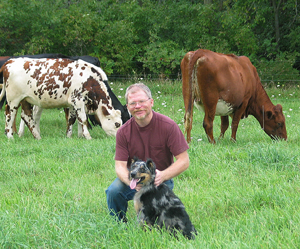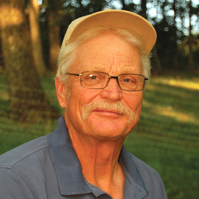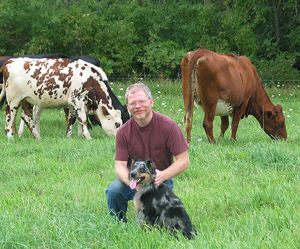By Jim Van Der Pol Kerkhoven, Minnesota — One pattern sometimes holds true in several different venues. That is true now of doctoring and farming, both of which are in a pretty advanced state of decay. Thoughtful people in both these areas are wondering how long the current practices and ideas can hold up.
Bruce Lipton, in his book The Biology of Belief, points out that it is conventionally accepted that 120,000 people die in the U.S. each year from adverse reactions to drugs. This would make prescription drugs the third leading cause of death. However, this count is obsolete, having been made in 2000. A 10-year survey of government statistics completed in 2003 shows that the real number may be closer to 300,000, making drugs the leading cause of death, according to Lipton. You will notice, of course, that this number never got talked about in our recent “health care debate.” But it presents the practitioners of conventional medicine with a picture of the dead end they are on, along with the knowledge that change is no longer just desirable, but absolutely necessary. Continue reading “The pattern of problems and solutions”



